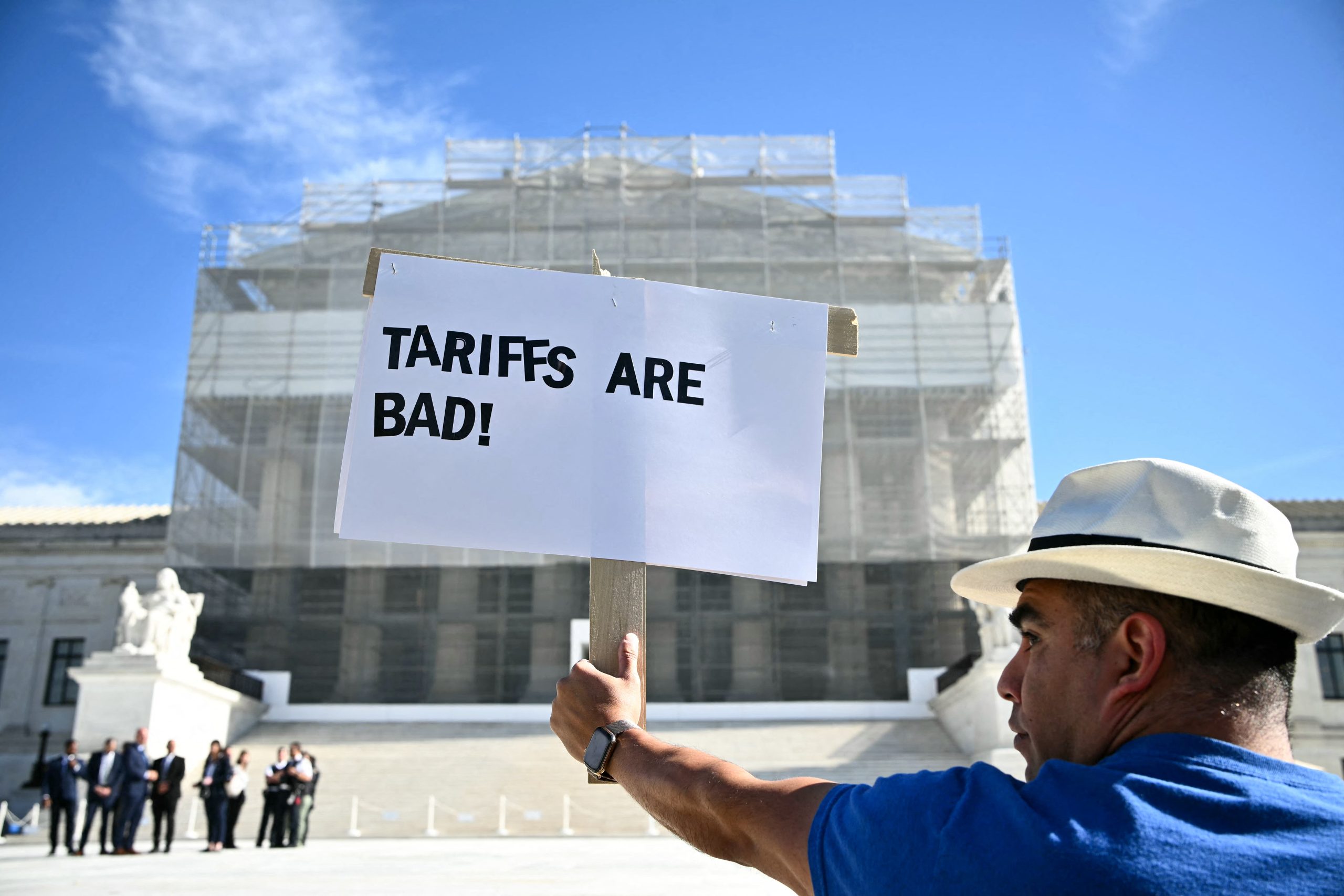Supreme Court Weighs Limits on Presidential Tariff Authority
The Supreme Court is potentially poised to reign in presidential power on trade, specifically regarding tariffs imposed by former President Donald Trump. A case brought by several state governments and small businesses challenging the legality of many of those tariffs recently landed before the nation’s highest court. Oral arguments held last week suggest a majority of justices are inclined to side with the plaintiffs, signaling a potential shift in the balance of power over international trade.
The Core of the Challenge: IEEPA and National Security
At the heart of the legal challenge lies the International Emergency Economic Powers Act (IEEPA). This statute grants the president authority to “regulate” transactions in response to “unusual and extraordinary” threats during national emergencies. The Trump administration argued that this act authorized them to impose tariffs on virtually any nation, claiming America’s trade deficit constituted a sufficient threat to national security.
This broad interpretation of IEEPA has raised concerns about the unchecked power of the executive branch. Critics argue that allowing a president to unilaterally impose tariffs based on a loosely defined “national emergency” bypasses Congress’s constitutional authority over trade policy. The plaintiffs in the case argue that the administration’s justification stretches the law beyond its intended scope, potentially setting a dangerous precedent for future administrations.
Justices Skeptical of Broad Presidential Power
During oral arguments, several justices expressed skepticism regarding the administration’s expansive interpretation of IEEPA. They questioned whether a trade deficit, a long-standing economic reality, truly constitutes an “unusual and extraordinary” threat warranting emergency powers. This skepticism suggests a potential willingness among the justices to limit the president’s ability to impose tariffs without explicit congressional approval.
A ruling in favor of the plaintiffs would not only undo many of Trump’s tariffs but also significantly constrain future presidents’ ability to unilaterally reshape trade policy. This would reassert Congress’s role in trade matters and potentially lead to a more predictable and stable international trade environment.
Potential Impact and Future Implications
The Supreme Court’s decision could have far-reaching implications for the future of US trade policy. A ruling against the administration would send a clear message that presidential power over trade is not unlimited and that Congress retains its constitutional authority in this area. This could lead to greater congressional oversight of trade policy and a more collaborative approach between the executive and legislative branches. The outcome of this case is being closely watched by businesses, trade experts, and policymakers alike, as it could reshape the landscape of international trade for years to come.
Based on materials: Vox





